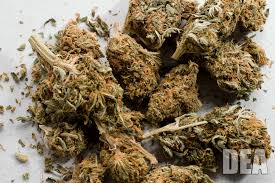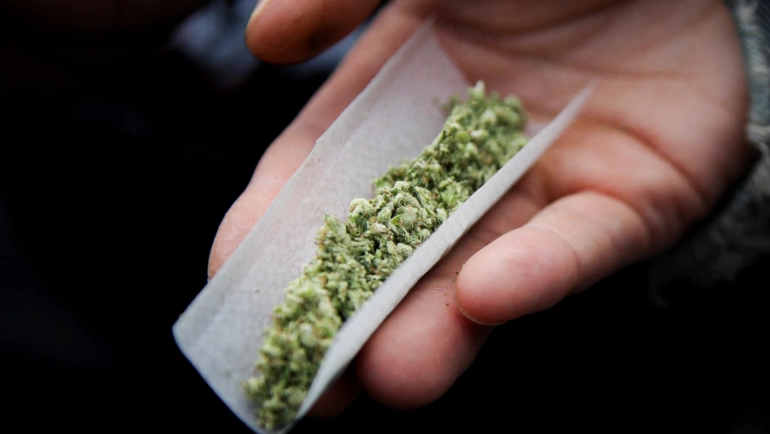86Views

Driving while high is never advised. If pulled over for marijuana possession in Sandy Springs, however, you could receive a citation instead of being arrested.
THC remains in your system for days or even weeks after use, leading to inaccurate blood tests.
1. Felony Charges
An individual suspected of driving while under the influence of marijuana will face more stringent punishment than one under the influence of alcohol alone, since cannabis remains in their bloodstream for 30 days or longer; blood tests can detect THC metabolites as proof of drug impairment.
Even trace amounts of THC can result in arrest, and all that the State needs to demonstrate your driving under the influence is enough for arrest. A criminal record could make future job applications more challenging, while your judge may order an Ignition Interlock Device or mandatory substance abuse treatment as part of your probation agreement.
An experienced defense lawyer such as James Yeargan, can lower or clear your charges by showing that you were not impaired at the time of an accident, such as through field sobriety tests and/or professional evaluation by a trained drug recognition expert. By showing that an officer lacked probable cause to stop you, we can also challenge admissibility of drug test results in court.
2. License Suspension
Possession of marijuana, be it leaves, powders, waxes, edibles or extracts is illegal in Georgia and any vehicle found with THC cartridges, oils or any device capable of storing concentrated cannabis products are subject to prosecution as felonies. Convictions will result in an automatic 12-month license suspension without limited-use permit options available.
Marijuana use can impair driving ability by slowing reaction times, decreasing motor coordination and altering perceptions, as well as leading to poor decision-making and erratic behavior while behind the wheel. THC takes days or weeks to leave one’s system, thus leaving any trace in blood samples as evidence from prior use that had no bearing on present driving ability. After an arraignment is held a pretrial conference may be scheduled with an aim of discussing plea negotiations or procedural matters before proceeding straight into trial proceedings.
3. First Offender
Georgia considers a first DUI offense involving marijuana or any other illegal drug to be considered a misdemeanor, meaning you could face up to 12 months of jail time, fines between $300 and $1000, community service requirements, and mandatory alcohol or drug treatment programs as punishment for your actions.
Police officers can stop your vehicle if they suspect DUI based on indicators like slurred speech, strong marijuana- or drug-like odor, an open container, or other evidence suggesting you have been driving while impaired. They will conduct field sobriety tests as well as breath and blood testing.
In most instances, police officers will let you leave without arresting and give a citation instead of taking your fingerprints for marijuana possession charges. This is generally considered beneficial as your criminal record won’t be updated with an arrest for marijuana possession; however, if the evidence against you is overwhelming then prosecutor may choose to arrest and take fingerprints instead.
4. Conditional Discharge
Conditional discharge is an advantageous form of drug case resolution. It allows you to admit guilt (without criminal record) while still avoiding jail or state prison time, provided you fulfill certain probationary requirements such as rehabilitation, treatment or medical treatment (and staying clean over an agreed-upon timeframe), along with remaining clean for a certain number of years. Should any condition of probation be violated the judge could revoke it altogether and sentence you according to maximum penalties allowed for original offense.
Conditional discharge is typically reserved for simple possession of marijuana cases and misdemeanor offenses like disorderly conduct and trying to purchase or possess alcohol while underage by misrepresenting one’s age; however, this is not always the case and if you have prior convictions you may not qualify. Negotiated between your attorney and judge, conditional discharge usually includes drug treatment as part of its requirements as well as community service activities outside criminal matters.



